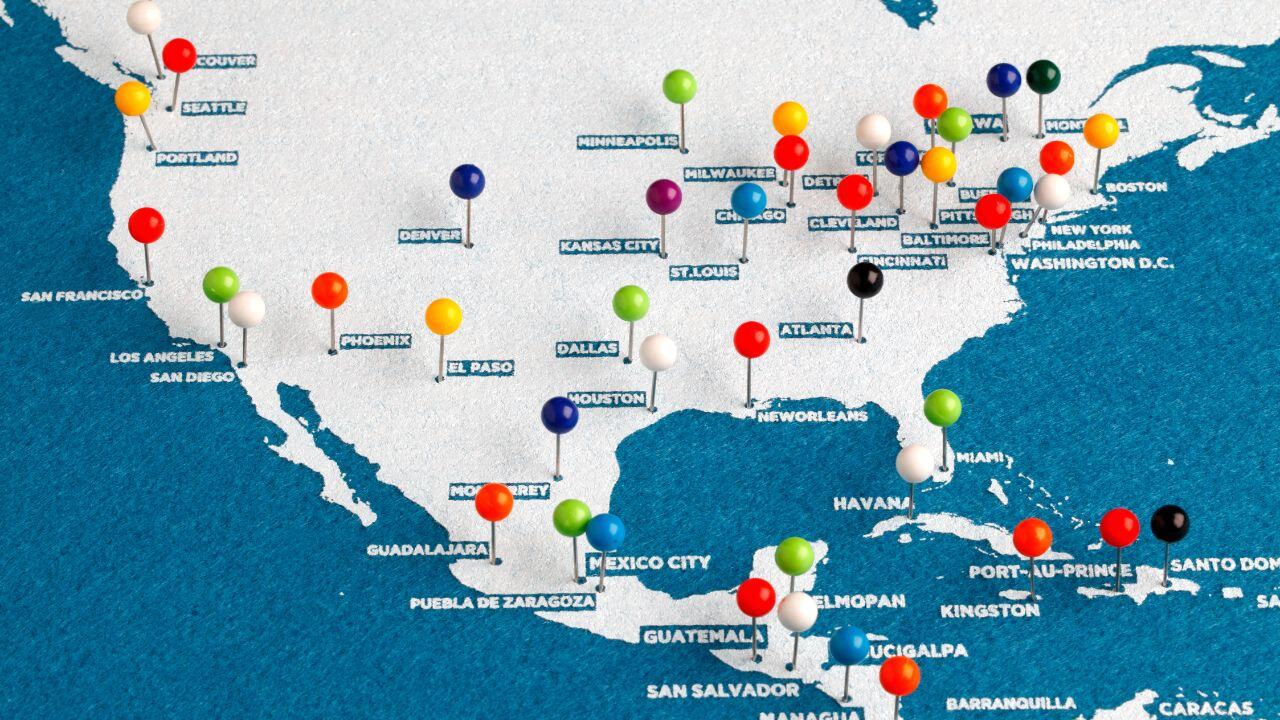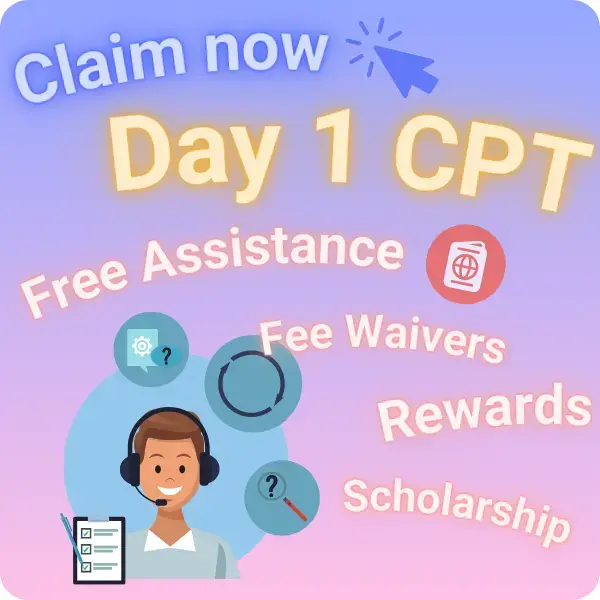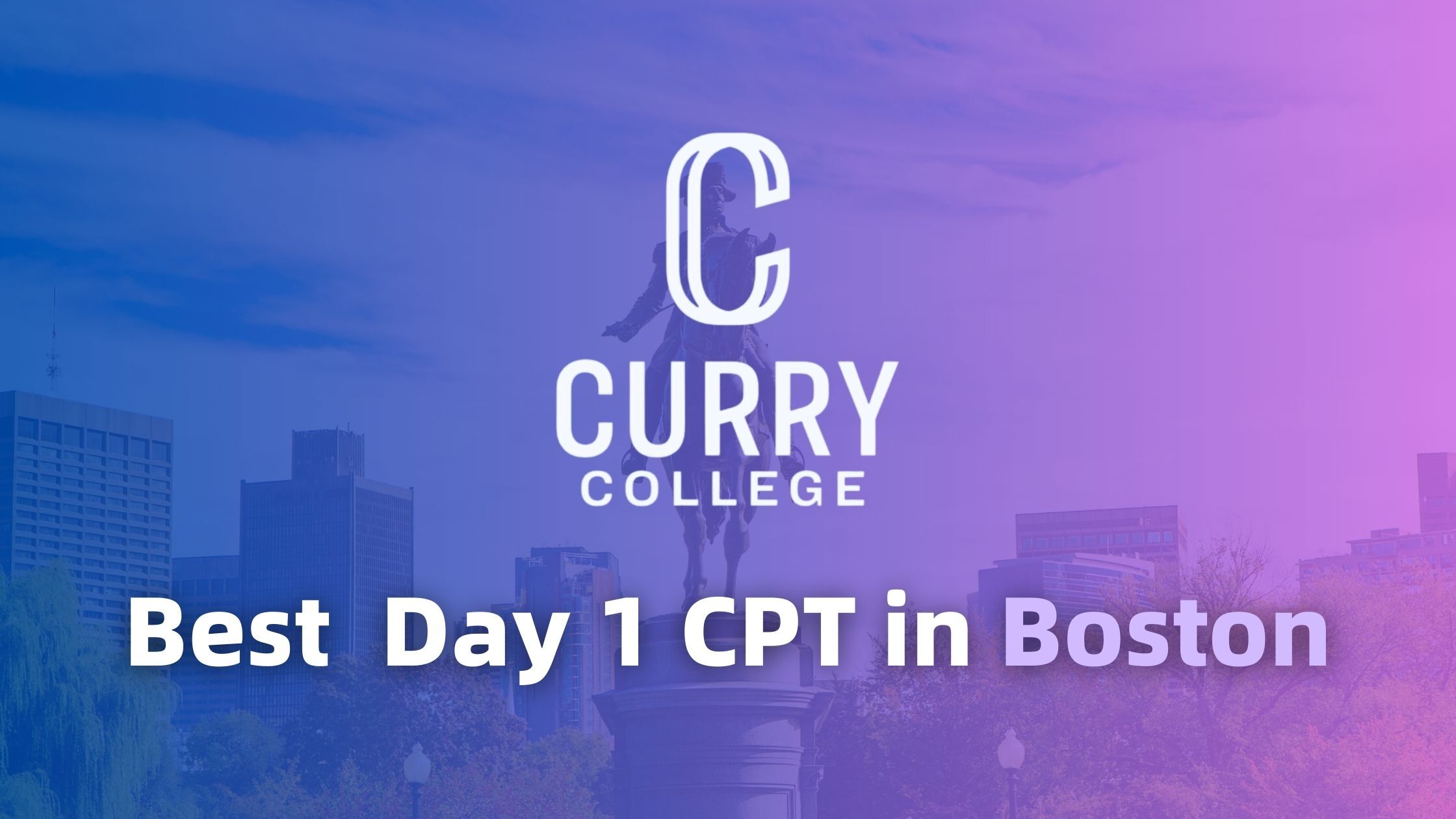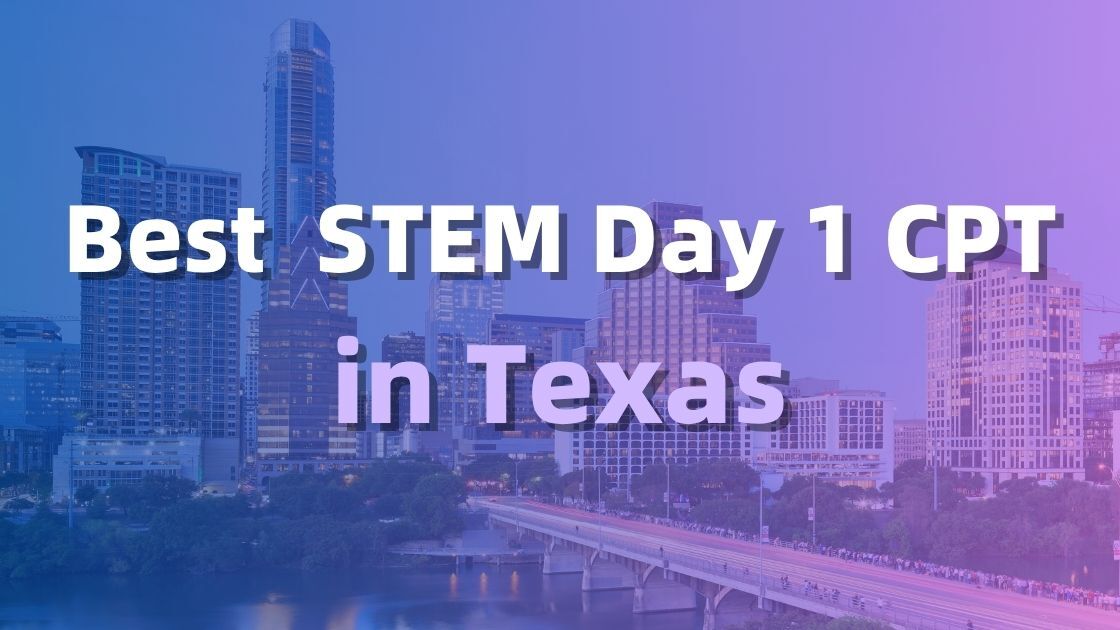Share this
Understanding Enrollment Restrictions for Day 1 CPT Universities in California
by Melinda Zhang on Jun 21, 2024
If you're considering applying to a university in California that offers Day 1 CPT programs, like Westcliff University or Sofia University, you might have heard about some enrollment restrictions. These restrictions can be frustrating and confusing, especially if you're not sure why they exist or how to navigate them. In this blog post, we'll explore why these limitations are in place and what students can do to overcome them. It's important to keep in mind that these challenges are not unique to Day 1 CPT universities; even top-ranked universities face similar issues.

1. Reasons for Enrollment Restrictions
- State Authorization Reciprocity Agreement (SARA): One of the main reasons for these restrictions is the State Authorization Reciprocity Agreement (SARA). SARA sets national standards for interstate offering of postsecondary distance education. However, California is not a member of SARA, which complicates things for California-based universities wanting to enroll students from non-participating states. This affects not only Day 1 CPT schools but also prestigious institutions like UCLA and Stanford.
- State-Specific Regulations: Each state in the U.S. has its own rules for higher education institutions. These rules can include requirements for institutional approval, student protections, and specific disclosures. If a university doesn't meet a state's requirements, it may be prohibited from enrolling students from that state. These legal and administrative hurdles can be challenging for any institution, no matter its ranking or specific programs offered.
- Consumer Protection Laws: Some states have strict consumer protection laws to safeguard students from potentially predatory practices by higher education institutions. These laws require universities to prove that their programs meet certain quality standards and provide adequate support to students. Failing to comply with these laws can result in enrollment restrictions. This impacts both specialized institutions offering Day 1 CPT and top-tier universities.
- Financial Aid Eligibility: Federal and state financial aid eligibility also plays a role in enrollment restrictions. Universities must comply with specific regulations to offer federal student aid, and these regulations can vary by state. Non-compliance can limit a university's ability to attract and enroll students from affected states. This is a challenge for many institutions, not just those with specific program offerings.
2. States with Notable Enrollment Restrictions
Some states have particularly strict regulations that make it challenging for California-based universities to enroll students. These states include:
- Alabama requires rigorous approval and certification processes for out-of-state institutions, especially for distance education programs.
- Arkansas has detailed certification and approval procedures that external institutions must meet to enroll students from the state.
- Georgia’s strict approval process includes comprehensive applications and reviews for out-of-state institutions, affecting both in-person and online courses.
- Maryland mandates thorough certification requirements for out-of-state universities, necessitating extensive scrutiny and compliance.
- Minnesota enforces stringent regulations and quality standards, especially for institutions offering online and distance education programs.
- New Mexico requires out-of-state institutions to undergo a rigorous approval process, ensuring they meet the state's standards.
- North Dakota’s approval process includes detailed application and compliance checks, making it tough for external universities to enroll students.
- New York has one of the most rigorous approval processes for out-of-state institutions, requiring them to register and obtain licenses from the state education department.
- Washington requires out-of-state institutions to register and undergo quality reviews, complicating the enrollment process for these schools.

3. Specific State Restrictions for Sofia University and Westcliff University
Sofia University: Sofia University is authorized to offer online education to students in several states but faces restrictions in certain others. Detailed information can be found on their state authorizations page.
Westcliff University: Westcliff University provides consumer information and disclosures regarding state authorizations, which outline specific states where they can or cannot enroll students. More details are available on their consumer information page.
Fill out the form to get free assistance
(Get your University offers in Days)
4. Actions Students Can Take
1. Update Residential Address
One practical step students can take is to use a residential address in a state where the university is authorized to enroll students. This could be the temporary address of a relative or friend. A common practice is to update the address in your bank app and print an account summary or bank statement from the bank’s website or at the branch, showing the new address. This document can then be provided to the school as proof of residence. After enrollment, you can update the address back to your original location if needed.
2. Use a PO Box or Mail Forwarding Service
Some students have successfully used PO Box addresses or mail forwarding services in states where the university is authorized. First, ensure that the university accepts such addresses for enrollment purposes. Set up a PO Box or use a mail forwarding service in the authorized state, and update your address on relevant documents and accounts. This can help meet residency requirements for enrollment.
3. Attend In-Person Orientation or Residency Periods
Some universities offer short in-person orientation or residency periods that allow students to establish a temporary presence in the state. By attending these sessions, you can fulfill state residency requirements, making you eligible for enrollment. Please make sure you keep records of attendance and any official documents provided by the university to support your residency status.
4. Leverage Work or Internship Locations
If you are working or interning in a state where the university is authorized, use your work address for enrollment purposes. This is particularly relevant for students in programs that include practical training components like CPT. Make sure to update your address in your employment records and obtain a letter from your employer verifying your work address.
5. Important Note on Address Changes and Visa Status
While there are cases of students changing their addresses back post-enrollment without issues, it's crucial to understand the potential risks. Official guidelines from USCIS require students to report any address changes within 10 days to maintain their F-1 visa status. Failure to comply can lead to loss of status, which might affect future visa applications or benefits like OPT or change of status. However, there have been no reported cases of students losing their new visa status solely due to address changes. To avoid potential issues, always consult your DSO and consider seeking legal advice.
6. Conclusion
The enrollment restrictions faced by California-based universities, including those offering Day 1 CPT programs, result from a complex interplay of regulatory, legal, and consumer protection factors. Universities can address these challenges by proactively seeking state approvals, advocating for SARA membership, enhancing consumer protection compliance, collaborating with regulatory bodies, and developing flexible program delivery models. Additionally, students can take proactive steps such as updating their residential address, using mail forwarding services, attending in-person orientation periods, and leveraging work or internship locations. These combined efforts can help ensure more inclusive and compliant enrollment practices, enabling students from across the United States to pursue their educational goals.

References:
1. National Council for State Authorization Reciprocity Agreements (NC-SARA): Website
2. California Bureau for Private Postsecondary Education (BPPE): Website
3. U.S. Department of Education: Website
4. Sofia University State Authorizations: Website
5. Westcliff University Consumer Information: Website
Fill out the form to get free assistance
(Get your University offers in Days)
Share this
- Day 1 CPT (32)
- H1B (24)
- Day 1 CPT Universities (18)
- H1B Lottery (11)
- CPT (6)
- Green card (5)
- University Application (4)
- F1 (3)
- F1 Status (3)
- International Students (3)
- USCIS (3)
- Westcliff University (3)
- Concordia University Texas (2)
- F1 Reinstatement (2)
- H1B Layoff (2)
- H1B Status (2)
- OPT (2)
- STEM OPT (2)
- change of status (2)
- Bay Atlantic University (1)
- Curry College (1)
- English Proficiency (1)
- Goldey-Beacom College (1)
- Green Card Application (1)
- H4 EAD (1)
- H4 Visa (1)
- Humphreys University (1)
- Immigration (1)
- International Student Travel (1)
- Jobs (1)
- L1 (1)
- Layoff (1)
- McDaniel University (1)
- O1 (1)
- Saint Peter's University (1)
- Salem University (1)
- Scholarships (1)
- Sofia University (1)
- Tax (1)
- December 2025 (1)
- November 2025 (2)
- October 2025 (1)
- September 2025 (3)
- August 2025 (2)
- June 2025 (1)
- May 2025 (2)
- March 2025 (2)
- November 2024 (2)
- October 2024 (4)
- September 2024 (3)
- August 2024 (3)
- July 2024 (2)
- June 2024 (7)
- May 2024 (3)
- April 2024 (4)
- March 2024 (3)
- February 2024 (5)
- January 2024 (1)
- October 2023 (3)
- September 2023 (6)
- August 2023 (10)
- July 2023 (3)
- June 2023 (4)
- May 2023 (1)
- April 2023 (1)
- February 2023 (1)
- November 2022 (1)
- October 2022 (3)
- September 2022 (1)
- August 2022 (1)

Full Day 1 CPT Universities List
Click here to view 30+ Day 1 CPT universities in different states
Scholarships & Payment Plan
Click here to explore extensive scholarships and financial aids
Get Free Assistance Now
We can help you with admission, fee waiver, and scholarships
Featured Articles
Studying and Working in the US

What If a Second Master’s Degree Isn’t Allowed? Why a Day 1 CPT DBA Could Be Your Best Path Forward
-Nov-22-2025-12-02-59-3078-AM.jpg)
Which Day 1 CPT Programs Offer a Fixed Summer Break? You Won’t Believe How Rare the Answer Is…

Why Curry College is a Top Choice of Day 1 CPT in Boston

Concordia University Texas Launches New MCS Program - A Top STEM Day 1 CPT Option





.png?width=204&height=68&name=Verified%20(2).png)


.png?width=250&height=83&name=Logo%20-%20Rectangle%20(2).png)
.png?width=250&height=83&name=Logo%20-%20Rectangle%20(1).png)
